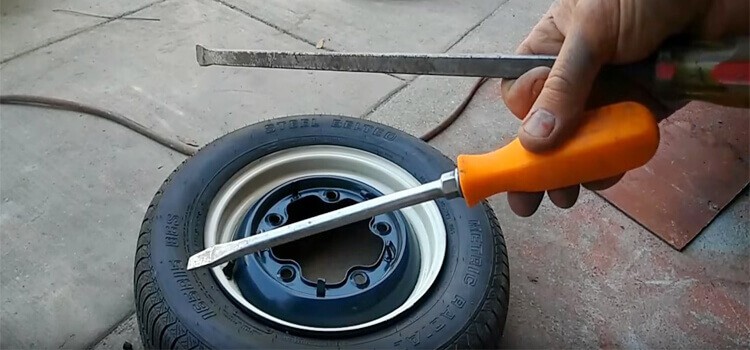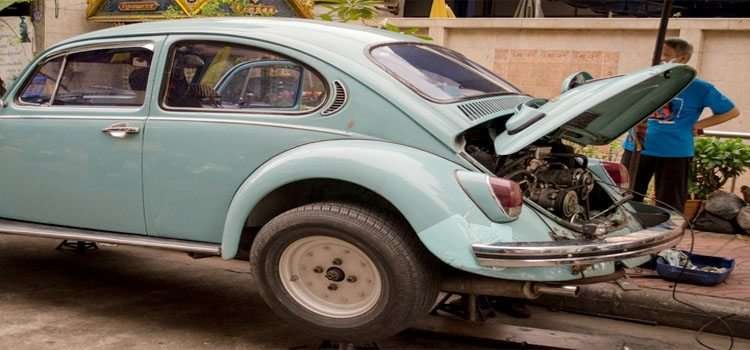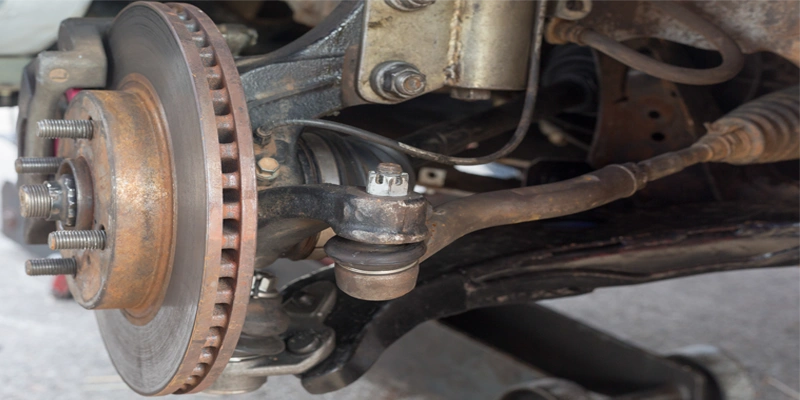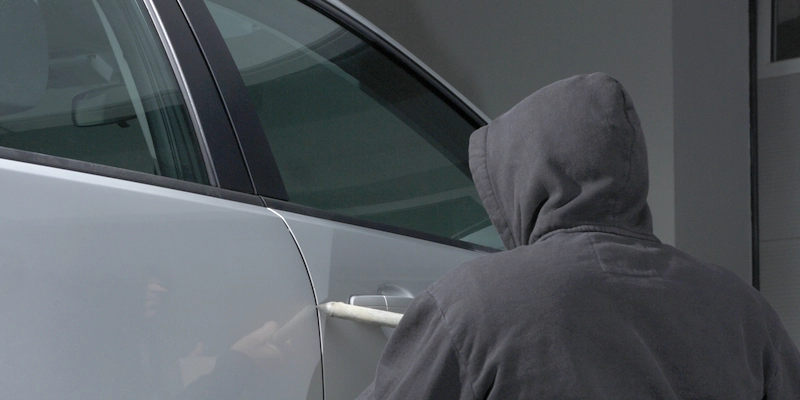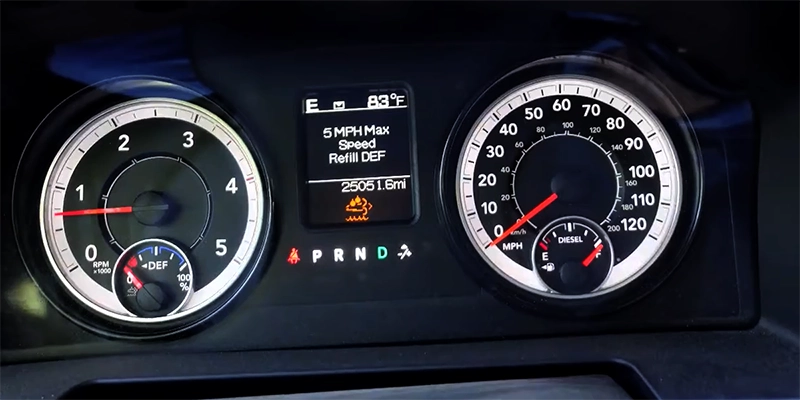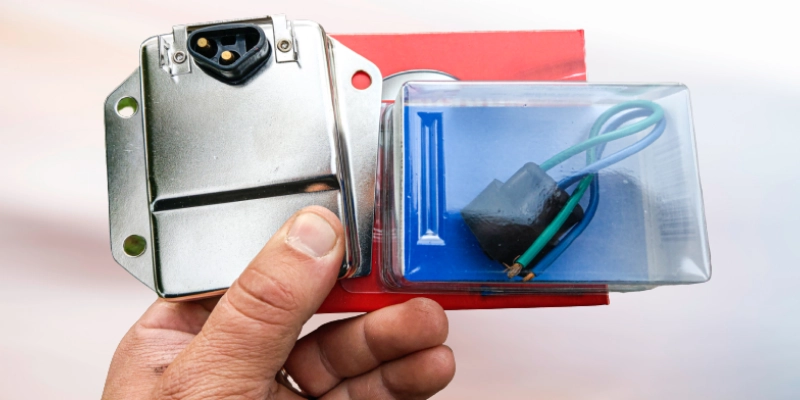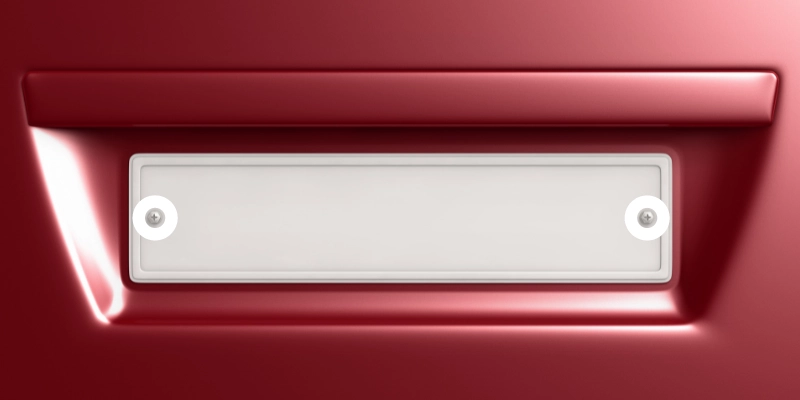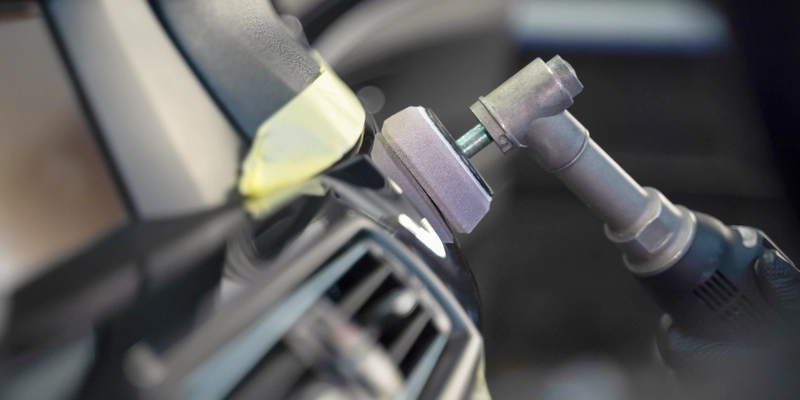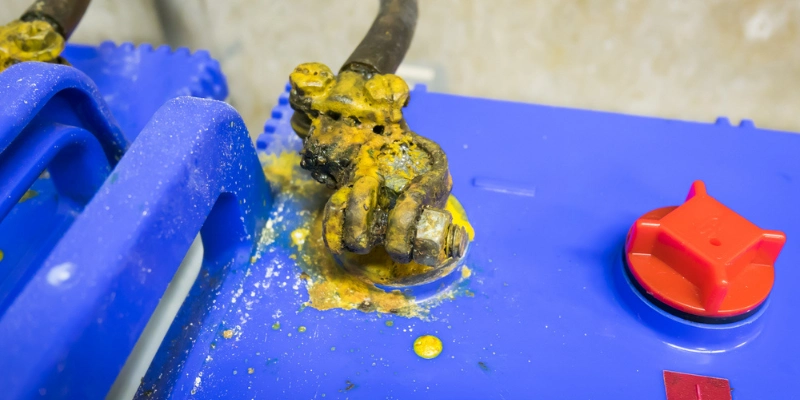Your car shouldn’t excessively vibrate, when this happens, it might be due to a major problem.
The bad news is that there are a lot of factors that can cause your vehicle to shake when you accelerate, so you need to read up, so you know the most probable causes and areas to inspect first.
Your suspension system, engine, or brakes might be the problem. It might also be your belts or fluid level. Different parts present a distinct type of vibration that occurs in different situations. This is a vital topic for all vehicle owners to pay attention to.
We will give you 15 causes of the car shaking when accelerating with their solutions so you can handle any related condition.
15 Causes Why Your Vehicle is Shaking: With solutions
Here are a total of 15 reasons which may cause shaking or vibrating to motor vehicle
1. Faulty Suspension System
The suspension system of a vehicle consists of rods, bearings, ball joints, and shock absorbers.
All these various parts work simultaneously together to absorb the impact from obstacles on the road while driving, preventing your vehicle from severe shaking.
When these parts are worn out due to age or faults, the vibrations as a result of the road impact become so much more obvious and less dampened. As you drive along the road, you will experience a rough ride which isn’t normal.
To carry out a suspension repair, it is always best that you leave it to the professionals as this is a very complex job. Failure to do it right might affect your entire vehicle. Plus, you can easily mess up the whole repair process, and you will end up spending more than you initially spent on the repair.
How To Fix:
Drive your vehicle to your best auto-repair shop so they can help you out. If you don’t want to go to any random repair shop, you can go to your manufacturer to get the issue sorted out.
2. Bad Fan Clutch or Radiator Fan

In your vehicle, you will find a fan placed in between your radiator and engine. The function of this fan is to push the cool air through the engine system, maintaining your engine’s temperature at an optimum level.
Suppose your fan gets bad, or the fan clutch, you will start to observe some movements when the vehicle’s coolant level gets to a specific point. This means that with a bad radiator fan a high coolant level can reduce the performance of your vehicle, causing it to shake each time you try accelerating.
How To Fix:
You have to repair your fan clutch or fan, whichever is faulty, but ensure you know how to carry out this repair before attempting to do it. If you cannot repair them, simply change them when you can.
Similar Read: The complete clutch replacement cost guide
3. Punctured Tire
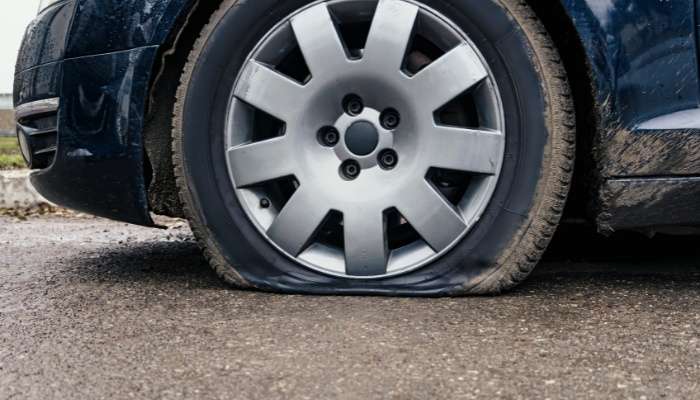
Having one of your vehicle tires punctured will instantly drop the pressure of the affected tire. You might not change the tire if the puncture is in the right spot, you might have to repair it instead. But if that’s not the case, then you will have to replace it.
In a situation of a flat tire, you have a huge, underinflated tire. While running on such tire conditions, you are going to feel vibrations as you drive, and you will most likely notice a rhythmic sound from the tire areas of your vehicle.
How To Fix:
Gently change your flat tire using the right tools, but you must raise your vehicle using a jack. You can check out a guide if you do not have the technical know-how. It’s a pretty straightforward process, as long as you do it right. If it is not a situation that demands changing your tire, you can repair the tire. You can also check out other guides on how to do it.
4. Loose Screws or Mounts
Your car engine system is firmly placed in the bonnet area with several bolts or screws. The bolts are tightened to a certain extent to make sure that your engine is well secured, without any form of movement either from the main system or adjoining parts.
These bolts are capable of loosening with time, leaving your engine with enough space to move, and rattle your car. There’s going to be quite a lot of vibration coming from your engine area when you begin driving around with your vehicle. The level of vibration is determined by the extent of bolt looseness.
You should know that is a common situation for your mounts to loosen with time, so you should endeavor to check your vehicle system at intervals.
How To Fix:
Properly check the mounts of your engine and tighten them according to your manufacturer’s specifications. Ensure you strictly follow your car service guide. Over-tightening your mounts will cause your mounts to wear out very fast and might even damage the mounts.
5. Clogged Air Filter

When you observe certain issues with your vehicle, most of the time it is attributed to a clogged filter, but you need to be certain of the cause first.
If you are dealing with a shaky car you will have to take a look at your engine. A clogged engine air filter is one of the causes of the car shaking when accelerating, so you might want to check there first.
If your filter is clogged, that means that your vehicle is not getting sufficient airflow. This can result in an imbalanced air-fuel mix ratio that causes your vehicle to misfire and generate vibrations while driving down the road. But the good news is that this problem is super easy to fix.
How To Fix:
After inspecting and making sure that the cause of your car shaking is due to the accumulation of dirt in your engine air filter, you need to replace that filter as soon as possible.
6. Brake Problems
The brakes are another component of your vehicle wheel assembly, in fact, they are amongst the top vital components. They work together with your tires while driving, and of course, vibration when braking at high speed can risk your life!
This is how the system works: Each time you push down your brake pedal, there is a rush of fluid to your brake lines. That fluid is called the brake fluid.
If your vehicle uses disc brakes, it has a different brake mechanism. In this type of brake, a metallic pad is pressed against your rotor which is attached to your wheel. The friction from the compression slows your wheels down, which in turn slows your vehicle movement.
A brake caliper articulates the pad and moves it anytime you apply pressure on the brake pedal. You can only fault the brakes when you notice your car is shaking each time you press the brakes. You will also notice the vibration in the pedal.
How To Fix:
There are several components in your brake system that might be responsible for this problem. It is best that you consult your mechanic to help handle this issue.
7. Loosed Belts
In very unlucky conditions, a loose belt can result in your car’s death. These belts synchronize all the components, also in terms of movements.
The belts use notches that cover the various sprockets or parts. If the notches are worn-out, the parts tied up together will pull out from the tight positions and develop a small vibration.
As long as things are rotating very quickly beneath the bonnet, these little vibrations occur very frequently each minute, and this will cause a much higher shake.
How To Fix:
Identify the loose belts, and get them replaced immediately. Having a worn-out belt left lingering in your vehicle isn’t good at all, you have to attend to them once they are spotted.
8. Stuck Brake Calipers
This type of issue is more prevalent with older vehicles. Your caliper gets stuck while set at the “on” position. The meaning of this is that your brake pads are always pushing the rotor while you drive around with your car. The vibration will be really obvious, and you are going to feel the drop in power since there is a high braking force.
You will be able to tell if your vehicle is shaking because of your stuck brake caliper when you observe that one of your pads is wearing out very quickly, or if you perceive the rubber burning after you come to a halt.
How To Fix:
Perform the brake bleeding process on your brakes, and check your brake lines for swelling. If this doesn’t stop your car from shaking, you will have to dismantle and recouple your caliper system.
Also try applying lubricants, preferably lithium grease on the brake pad housing, including the brake pad edges. Scrub off any rust on the surface.
9. Transmission Fluid
Low-level transmission fluid in your vehicle is going to cause the car to wobble when you try accelerating. Going so long without getting your tank refilled with fluid can cause transmission failure and when your transmission system gets bad, it’s going to cost you a lot of money.
How To Fix:
The easy fix to this is to always remember to check your transmission fluid level, and when it’s low, top it off with the right fluid.
Similar Read: What transmission do i have
10. Unequal Brake Rotor
The brakes have other components that help to achieve the stopping process, and one of those components is the brake rotor. When you discover some uneven spots on your rotor’s surface, you are going to get an uneven braking force.
Your rotor can get warped when you drive through a very deep puddle while your rotors are very hot. This is also something that happens over time. You can troubleshoot your rotor by taking off your tire and the brake pad. Inspect your rotor to see if it is flat and shining.
How To Fix:
Depending on the rotors’ condition, you might be able to get them back to optimum efficiency. You also have the option of changing your rotor, it requires an easy procedure, though it is very expensive.
11. Uneven Brake pads
Brake Pads basically do the whole work. When you decide to slow your vehicle speed, these pads are compressed against a metal surface. If you don’t have these pads even and flat, you will have high and low-pressed spots. Worn-out brake pads result in an uneven braking force that will cause your vehicle to vibrate.
How To Fix:
Change your pads. You won’t have to spend so much on this, and it isn’t labor-intensive.
12. Worn-Out Spark Plugs
With a loose spark plug, you will definitely have some rough vibrations while driving. These are some of the indicators that your rough driving experience is due to bad spark plugs.
- Vibrations anytime you accelerate
- Rough idling
- When you haven’t changed your plugs in over 100,000 miles
- Driving on a rumble strip at specific speeds
Spark plugs are very affordable to get in any store, and you will be able to replace them without stress.
How To Fix:
Change your old plugs with new ones.
13. Broken Parts
Suppose your engine has severe damage, then you are going to feel the shake at a high rate. Your engine might seize and stop functioning.
Of course, minor damages to several parts of your engine system can alter the running sequence of your engine, and this will create an obvious shake.
How To Fix:
Take a very good look at your engine, and check if you can identify the issue. You will have to replace or repair the parts. Although taking it to the mechanic to get a good inspection is a better option.
14. Over-inflated tire
Your vehicle tires are designed to maintain a certain pressure level. This pressure gauge is not meant to be exceeded and enables you to drive your car smoothly. If you over-inflate your tires, your ride becomes rough due to unbalanced tires, and this is because some tires will either have high pressure and others low pressure. You won’t be able to drive on complete tread, as that is what you are meant to do.
How To Fix:
Check the pressure gauge of all your tires, and ensure they are even and at the right pressure level.
Similar: Reading a boost gauge
15. Imbalanced
Anytime you get a new tire on the rim, please ensure it is well-balanced. Any imbalance can develop a rumble, making your vehicle shake while you drive. You will also observe the shaking when all the rims are damaged or hit a curb.
How To Fix:
You must take the car to an automobile repair shop and get all your tires balanced and wheel alignment.
Can A Dirty Air Filter Cause a Car to Vibrate?
What Causes is Engine Shaking?
Can Bad Struts Cause Your Vehicle to Vibrate?
Why Is My Car Shaking When I Press the Gas?
How Do I Stop My Car from Shaking When Accelerating?
Conclusion
These 15 common reasons why your car shakes while you accelerate should be able to help you quickly pinpoint the cause of your vehicle shaking and know how to fix them.
With our guide, you will be able to handle some repairs, but if you can’t please take it to a professional to handle it. Check out our other articles for more car troubleshooting tips.
 Skip to content
Skip to content
